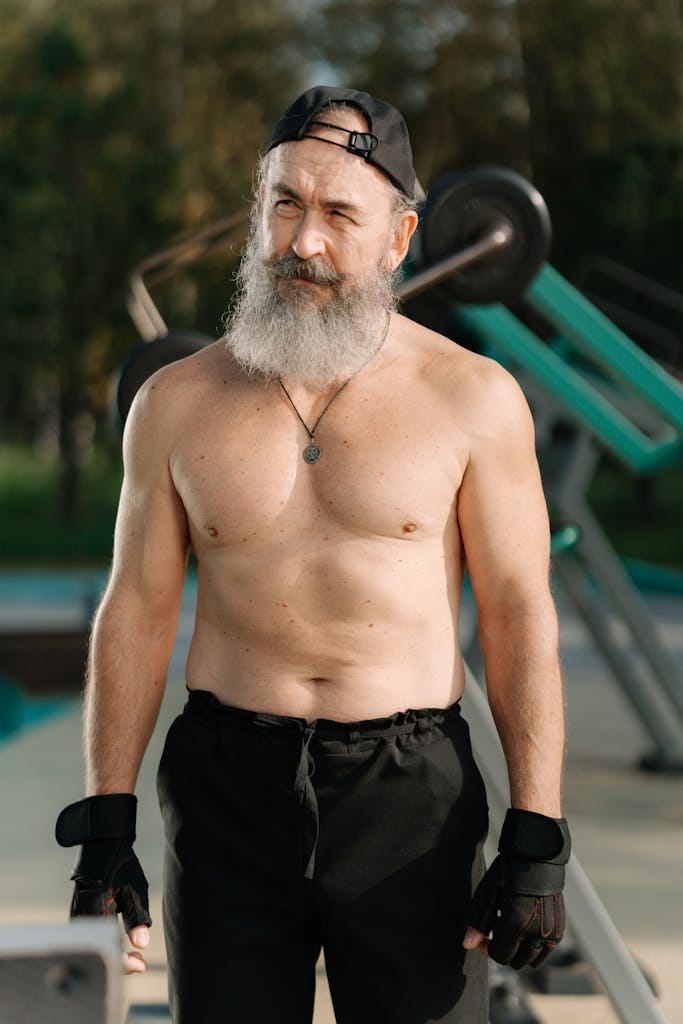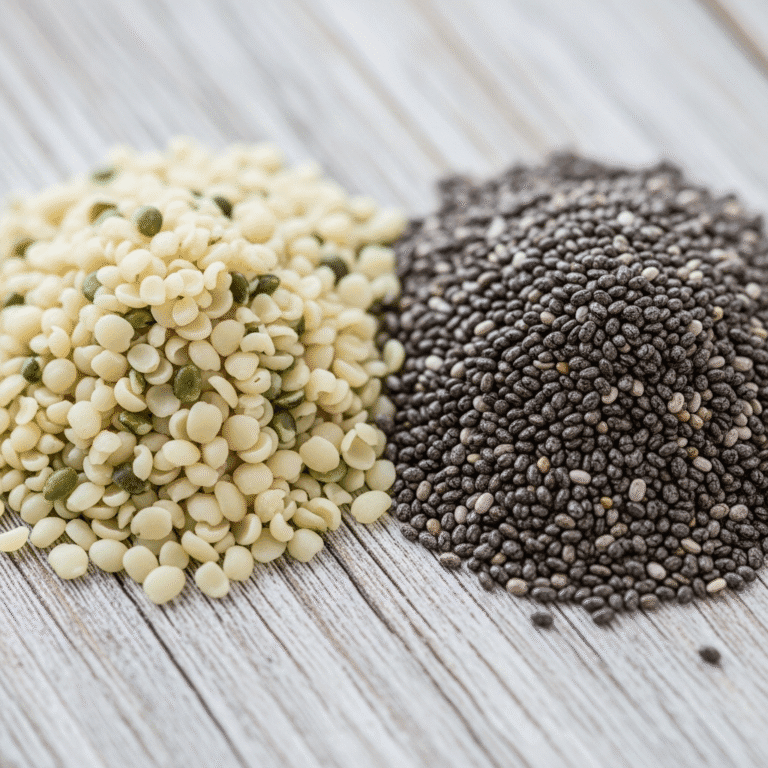FREE SHIPPING OVER $50
A 60-Year-Old Reveals His Secret To Feeling 30 Again—And It’s Easier Than You Think
Aging is inevitable, but feeling old? That’s optional. Imagine meeting a vibrant, 60-year-old individual who exudes the energy, vitality, and zest of a 30-year-old. Naturally, you’d want to know their secret. Well, the secret isn’t locked in some distant fountain of youth—it’s within reach and simpler than you might think.
In this article, we’ll uncover the steps this 60-year-old took to turn back the clock. By the end, you’ll have actionable insights to apply to your own life, paving the way for a more youthful, energetic you.
The Foundation of Feeling Younger: A Holistic Approach

This story doesn’t start with expensive treatments or complicated routines. Instead, the focus is on a few manageable lifestyle adjustments that anyone can adopt. The “secret” is a blend of the right nutrition, physical activity, mental habits, and scientifically backed anti-aging strategies.
1. The Power of Nutrition: Food as Fuel
Our 60-year-old advocate swears by the phrase, “You are what you eat.” This means avoiding processed junk and focusing on nutrient-dense, whole foods.
- Anti-inflammatory Diet: Foods like leafy greens, fatty fish (rich in omega-3), and berries are staples. They help reduce inflammation, a key driver of aging.
- Prioritizing Protein: Protein aids in muscle repair and keeps metabolism active. Lean meats, plant-based options like lentils, and eggs are excellent sources.
- Superfoods: He credits dark chocolate (70% cacao or higher) and green tea for their antioxidants, which fight free radicals and prevent cellular damage.
Pro Tip: Meal timing plays a role, too. He practices intermittent fasting, typically sticking to an 8-hour eating window, which has been shown to enhance cellular repair and metabolic health.
2. Exercise: Movement is Medicine
It turns out, feeling 30 again doesn’t mean grueling gym sessions. Instead, he opts for consistency over intensity.
- Strength Training: Muscle mass naturally declines with age. Two to three strength-training sessions per week keep him strong and youthful.
- Walking: Every morning, he takes a brisk 30-minute walk. This low-impact exercise boosts cardiovascular health and improves mood.
- Mobility and Stretching: Yoga and Pilates keep his joints flexible, reducing the stiffness associated with aging.
Why it Works: Regular exercise improves blood circulation, boosts collagen production, and even supports brain health.
3. Supplements to Support Vitality
While his foundation is a healthy diet, he supplements where needed.
- Collagen Peptides: Promotes skin elasticity and joint health.
- Resveratrol and NMN: These compounds support cellular energy production and repair.
- Magnesium and Omega-3: Help with sleep quality and reduce inflammation.
Pro Tip: Not all supplements are created equal. He prioritizes brands backed by research and avoids miracle claims.
4. Sleep: The Ultimate Recovery Tool
Sleep isn’t negotiable. He gets 7-8 hours of high-quality sleep every night, and here’s how:
- Routine: Consistent sleep and wake times.
- Environment: Blackout curtains, a cool room temperature, and no screens an hour before bed.
- Supplements: A magnesium glycinate supplement enhances relaxation and helps him fall asleep naturally.
Why it Matters: Sleep allows the body to repair and regenerate, keeping hormones balanced and energy levels high.
Why These Strategies Work
The science is clear: aging is partly biological and partly lifestyle-driven. While genetics play a role, the choices we make daily can significantly slow down the aging process.
- Cellular Renewal: Anti-inflammatory foods and fasting encourage autophagy, where the body removes damaged cells and regenerates new ones.
- Hormonal Balance: Exercise and sleep regulate hormones like testosterone, growth hormone, and cortisol, all essential for youthful energy.
- Mental Health Benefits: Practices like mindfulness, gratitude journaling, and staying socially connected reduce stress, which accelerates aging.
How You Can Start Feeling Younger
Adopting these habits doesn’t require a complete lifestyle overhaul. Start small:
- Replace processed snacks with fresh fruits or nuts.
- Add a 10-minute stretch routine to your mornings.
- Swap your regular coffee for green tea a few days a week.
- Consider a basic supplement like magnesium or collagen to start.
Final Thoughts
The takeaway? Feeling younger doesn’t require extreme measures. It’s about working smarter, not harder, to align your lifestyle with proven health practices. Our 60-year-old role model shows us that small, sustainable changes can yield incredible results.







